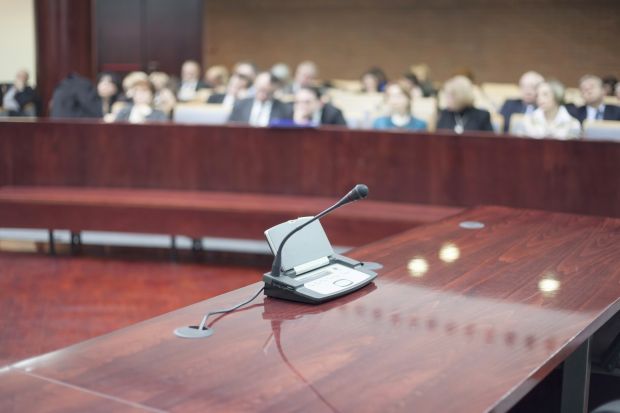Australia’s higher education regulator has taken US homework help site Chegg to court, claiming multiple breaches of a 2020 anti-cheating law, less than a month after the company reportedly launched its own court action against the regulator.
The move by the Tertiary Education Quality and Standards Agency (Teqsa) marks the first time the agency has launched proceedings under a 2020 amendment to its act, which banned organisations from providing, offering to provide or arranging for third parties to provide academic cheating services.
Teqsa said Chegg had breached these provisions five times “across” 2021 and 2022. In a statement, the agency said it had taken action after “receiving concerns from multiple institutions about Chegg’s operations in Australia” and endeavouring to “resolve those concerns” with the company.
It said it was seeking “declarations about the alleged contraventions, civil penalties, costs and other orders” from the Federal Court of Australia.
“Where Teqsa finds academic cheating services being advertised or offered to students, we will take appropriate action to protect the integrity and reputation of Australia’s higher education sector,” acting chief commissioner Adrienne Nieuwenhuis said.
Teqsa has been scrutinising Chegg’s activities since at least mid-2023, when it wrote to institutional bosses seeking their views on the company’s services.
Chegg denies that its platform is used for cheating. In 2021, it launched its “Honour Shield” tool, allowing educators to limit the service’s use during exam periods. “We are deeply committed to academic integrity as we believe this is fundamental to the learning process,” a spokeswoman said.
In September, Chegg reportedly applied to the Federal Court seeking a judicial review of Teqsa’s actions. According to The Australian, the company said it had been “singled out” by the regulator despite engaging in good faith for two years and endeavouring to “resolve Teqsa’s concerns at great cost”.
The Australian reported that Chegg had launched its legal action after Teqsa issued a notice for copies of “certain documents”.
Teqsa’s move is the latest test of its legislation, which followed laws in New Zealand and Ireland. At the time, commentators expressed scepticism that legal approaches were the best way of handling academic cheating.
Teqsa has said it has used the legislation to disrupt access to almost 370 websites and 925 social media accounts offering academic cheating services to students enrolled with Australian higher education institutions. Experts say many of these entities simply resurface under different names.
A Chegg spokesperson said it had “engaged in conversations with Teqsa for over two years, investing significant time and resources into finding a constructive path forward, including custom-building an expanded honour shield cheating prevention tool specifically for Australian universities”.
“Chegg is deeply committed to upholding academic integrity while harnessing innovation to help our students succeed. We continually seek to advance cutting-edge solutions that enhance learning, and we have collaborated in good faith to address any reasonable concerns, ensuring that our efforts align with the highest standards of academic excellence”, they added.
The spokesperson said that Chegg believed the “lawsuit brought by Teqsa relies on outdated academic integrity policy, which was formulated long before the advent of AI and the profound impact it has on education and technology today” and that the company will “vigorously defend ourselves in court”.
Register to continue
Why register?
- Registration is free and only takes a moment
- Once registered, you can read 3 articles a month
- Sign up for our newsletter
Subscribe
Or subscribe for unlimited access to:
- Unlimited access to news, views, insights & reviews
- Digital editions
- Digital access to THE’s university and college rankings analysis
Already registered or a current subscriber?








